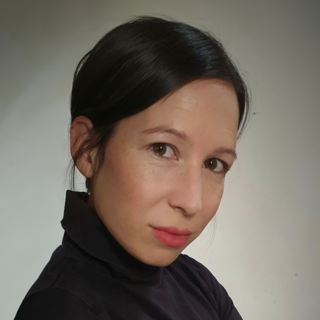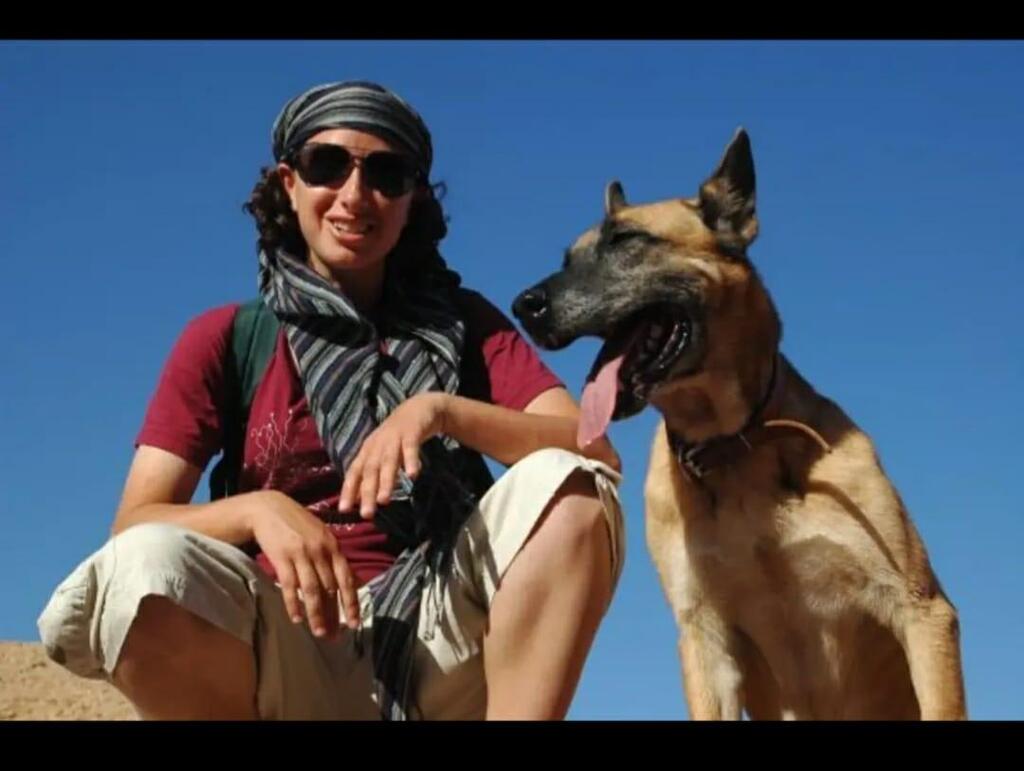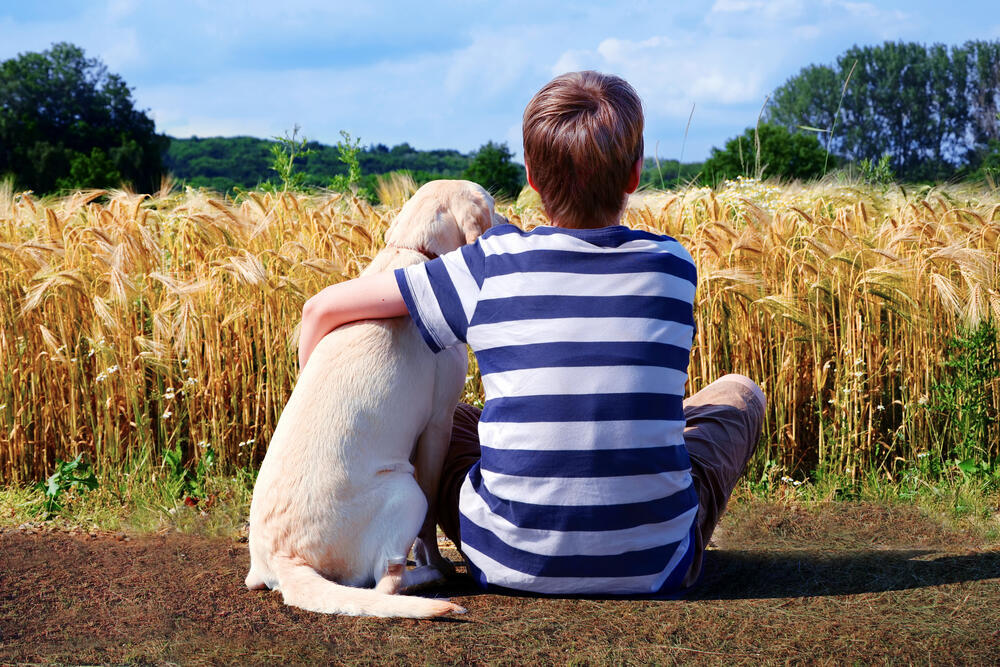Countless Israeli families have been displaced due to a constant barrage of rockets and the fear of another infiltration since the Hamas massacre on October 7. Because of this, residents of the Gaza envelope were evacuated from their homes to hotels and living arrangements throughout the country, many to Eilat. Lior Gal Yam, 38, a former K-9 Unit soldier and manager of the Kibbutz Eilot petting zoo, voluntarily takes care of dogs who can't stay with their owners, with help from the kibbutz youth.
Read more:
Gal Yam has lived in Kibbutz Eilot for six years, together with her partner, Eshel, and her son. The couple decided to open a kennel after the residents of Kibbutz Nirim evacuated to Eilat. They currently have four dogs under their care, but since the beginning of the war they have taken care of dozens of other dogs. Some of the dogs have returned to their owners, who are staying in Eilat.
Gal Yam explained how the project began. "It started with a phone call I received from a friend who took part in the evacuation of the kibbutzim. She said that the residents of Kibbutz Nirim needed solutions for the dogs, because the hotel would not accept them. The evacuees announced that they will not evacuate without the dogs. In a few hours we found an immediate solution and housed them in an abandoned building. We prepared to take in 15 dogs, but luckily they found solutions for some of them. In the evening the owners and dogs arrived," she said.
"In the first round, eight dogs arrived, including the dogs Belle, Cola, Chipsy, Paula, Ralph and others. Each of the dogs went through something different. It took time for them to get used to it. But this place allowed for some order and security. Even if they were in a cage, they felt safe. After a few days, some of them could go to foster care or to their owners in Eilat, who found ways for the dogs to be accommodated," she added.
The noise in the hotel only creates noise and stress for the dogs, so they stayed with us.
Currently, Gal Yam is caring for four dogs that cannot be around the hotel where the evacuees are staying. The dogs left are Paula, Ralph, Chipsy and Buffy. "The noise in the hotel only creates noise and stress for them," Gal Yam explained. "So they stayed with us. Some of them spent hours in the shelter. I was there to receive the dog, listen and give solutions. There was one dog that it took me a month before I could get close to her and take her for walks. By then the family had come to take her back."
At first, the youth in the kibbutz helped and took care of the dogs and walked them. Over time, they returned to school and the number of volunteers decreased. "For some dogs, their owners regularly come to take care of them from Eilat. I am here to support and help. A dog is therapeutic. Most of them see their dogs as family members. There is no question. Coming here and walking with the dog brings the owner some normalcy."
In addition, Gal Yam also conducts activities using the animals from the petting zoo for the children of the evacuees. "Children connect with animals, it always does good. Especially for the children of the kibbutz who are used to nature. I am there to accept and accommodate," she said.
The head of the Eilot Regional Council, Dr. Hanan Ginat, said that "the kennel in Kibbutz Eilot, like other initiatives that have arisen in the Eilot Regional Council since the war broke out, is another response to the variety of needs brought by those who were evacuated from their homes. These local initiatives warm the heart and show how much our community understands the gravitas of the situation and works so that the people who came here from combat zones feel at home and their needs are met."





